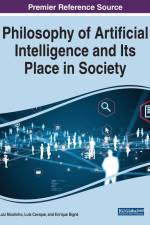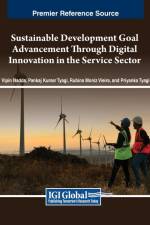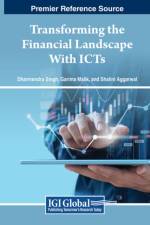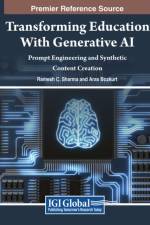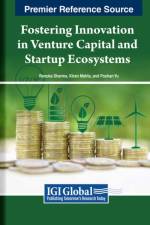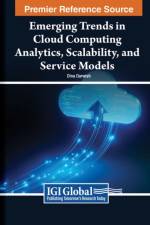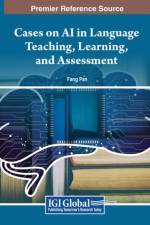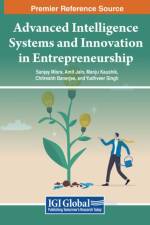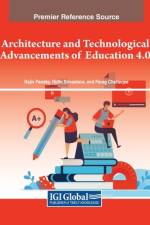av Lilibeth C. Aragon
3 139,-
Pilgrimage is one of the oldest extant and most basic forms of population mobility known to human society, and its political, social, cultural, and economic implications have always been, and continue to be substantial. In recent decades, a new focus on pilgrimage has emerged through the lens of tourism, which explores the political, cultural, behavioral, economic, and geographical impacts. Therefore, the identification of challenges in transformation and emerging ways and means of managing pilgrimage and related destinations is critical in an era of crises and disastrous situations. Management and Practices of Pilgrimage Tourism and Hospitality identifies, understands, and recognizes the changing facts and facets of pilgrimage tourism around the world. It develops and promotes pilgrimage tourism for community integration, faith-sharing, perseverance, tolerance, and pace for secular and sustainable futures. This book further identifies any new issues, scopes, challenges, and entrepreneurial opportunities for pilgrimage tourism as are found to be relevant and important for future pilgrimages with larger intensity and frequency. Covering topics such as behavioral challenges, community empowerment, and pilgrimage economy, this book is an essential resource for entrepreneurs, professionals, researchers, academicians, policymakers, students of higher education, sociologists, and more.

